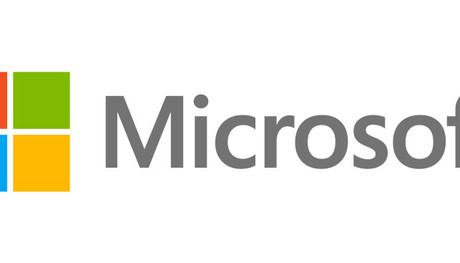Microsoft sues Samsung over patent royalties

Microsoft has sued Samsung Electronics, claiming the South Korean electronics manufacturer has been dodging its obligations under a patent agreement between the two companies.
On Friday US time, Microsoft filed legal action against Samsung in the US District Court.
In a blog entry on Microsoft’s website, David Howard, corporate vice president and deputy general counsel at the company, said the purpose of the legal action was “simply to enforce our contract with Samsung”.
Howard was referring to a 2011 agreement between Microsoft and Samsung Electronics to cross-license the patent portfolios of both companies.
Under the agreement, Microsoft receives royalties for Samsung’s mobile phones and tablets running the Android mobile OS. On top of that, the companies agreed to work together in developing and marketing Windows Phone.
At the time, Andy Lees, then president of Microsoft’s Windows Phone Division, said: “Microsoft and Samsung see the opportunity for dramatic growth in Windows Phone and we’re investing to make that a reality.”
Speaking in 2011 about the agreement, Dr Won-Pyo Hong, then executive vice president of global product strategy at Samsung’s mobile communication division, said: “Through the cross-licensing of our respective patent portfolios, Samsung and Microsoft can continue to bring the latest innovations to the mobile industry.”
Now, three years on, it seems that relations between the two companies are not so rosy.
“We don’t take lightly filing a legal action, especially against a company with which we’ve enjoyed a long and productive partnership. Unfortunately, even partners sometimes disagree. After spending months trying to resolve our disagreement, Samsung has made clear in a series of letters and discussions that we have a fundamental disagreement as to the meaning of our contract,” Howard wrote in the blog entry.
He said that the 2011 agreement has been “extremely beneficial for both parties” and Samsung “had been complying with the contract and paying to use Microsoft’s IP”, but that the electronics manufacturer began to breach the contract last year.
Howard said that Samsung decided to stop complying with the agreement after it had wild success with Android smartphones.
“Since Samsung entered into the agreement, its smartphone sales have quadrupled and it is now the leading worldwide player in the smartphone market,” Howard said.
He pointed to IDC figures suggesting that when Samsung entered into the agreement in 2011, it shipped just 82 million Android smartphones, but three years later, it shipped 314 million.
Howard said that “Samsung predicted it would be successful, but no one imagined their Android smartphone sales would increase this much” and that “After becoming the leading player in the worldwide smartphone market, Samsung decided late last year to stop complying with its agreement with Microsoft.”
He claimed in the blog entry that Microsoft’s 2013 Nokia acquisition was a turning point in the agreement.
“In September 2013, after Microsoft announced it was acquiring the Nokia Devices and Services business, Samsung began using the acquisition as an excuse to breach its contract. Curiously, Samsung did not ask the court to decide whether the Nokia acquisition invalidated its contract with Microsoft, likely because it knew its position was meritless,” he said.
The legal action is available on Microsoft’s website, with various sums of money involved in the agreement redacted.
“Samsung breached the License Agreement last fall by refusing to make its Fiscal Year 2 royalty payment on time and then refusing to pay interest on its late payment, and is threatening to breach the License Agreement again with respect to its ongoing royalty payment obligations,” the action reads.
Among other things, Microsoft is asking the court to declare that the licence rights granted by Samsung under the agreement cover the entities and business units/divisions acquired through Microsoft’s Nokia acquisition.
Samsung has remained relatively silent on the issue, saying little more than that it “will review the complaint in detail and determine appropriate measures in response”.
Making sure your conversational AI measures up
Measuring the quality of an AI bot and improving on it incrementally is key to helping businesses...
Digital experience is the new boardroom metric
Business leaders are demanding total IT-business alignment as digital experience becomes a key...
Data quality is the key to generative AI success
The success of generative AI projects is strongly dependent on the quality of the data the models...







